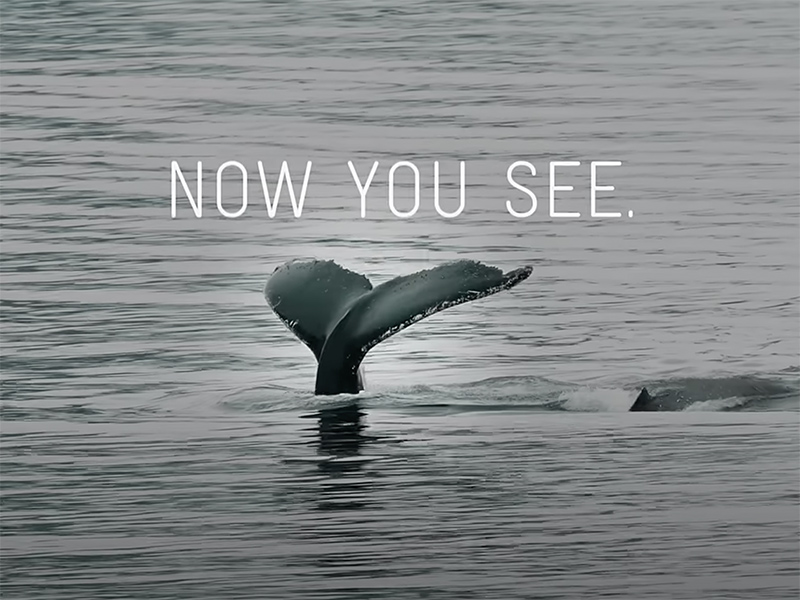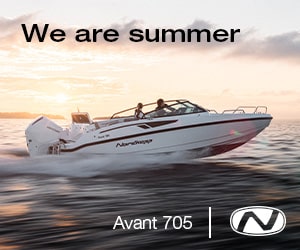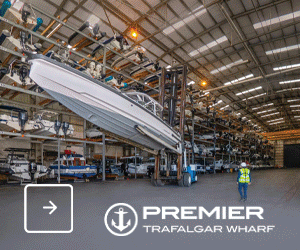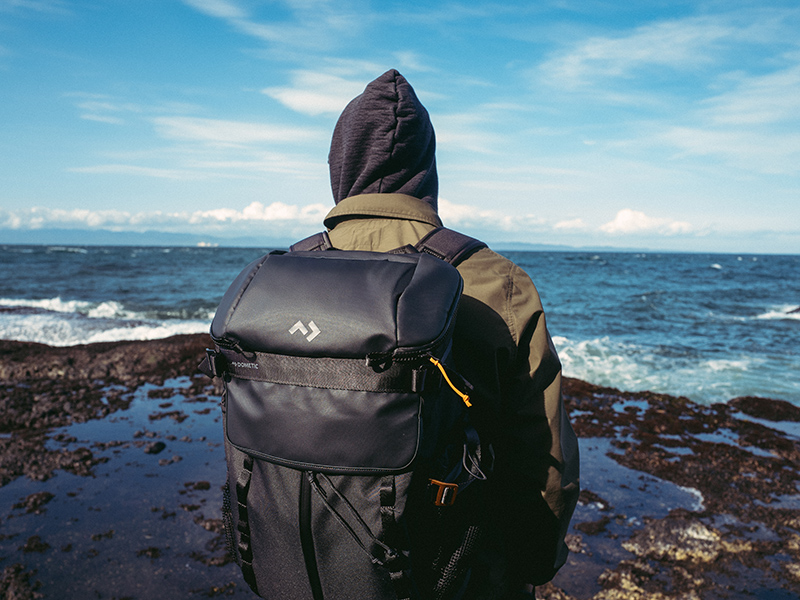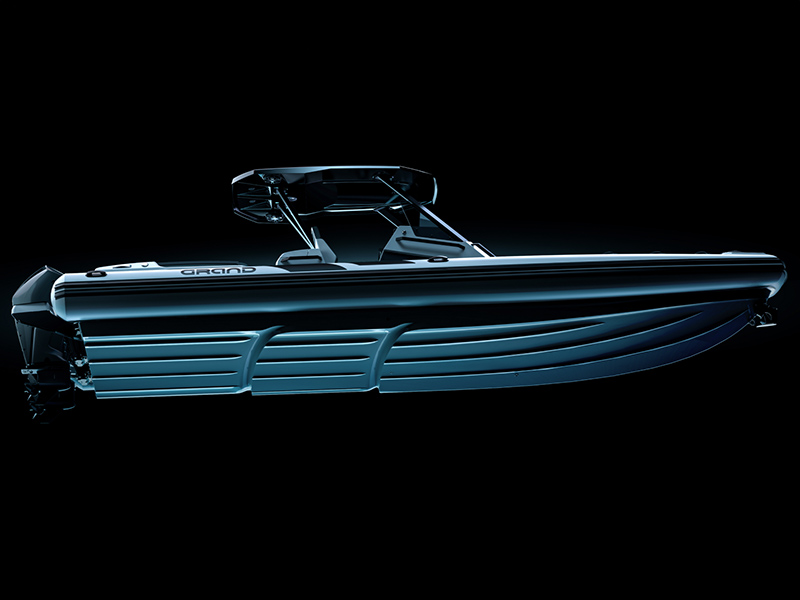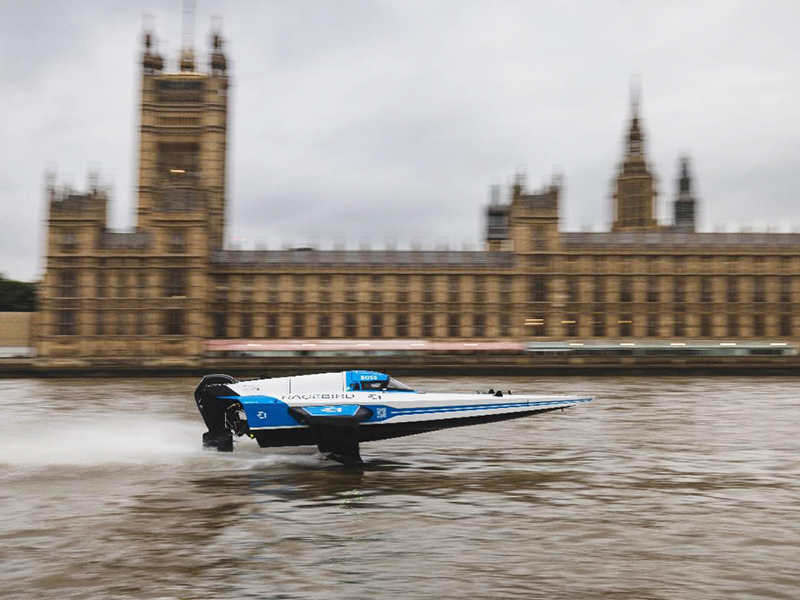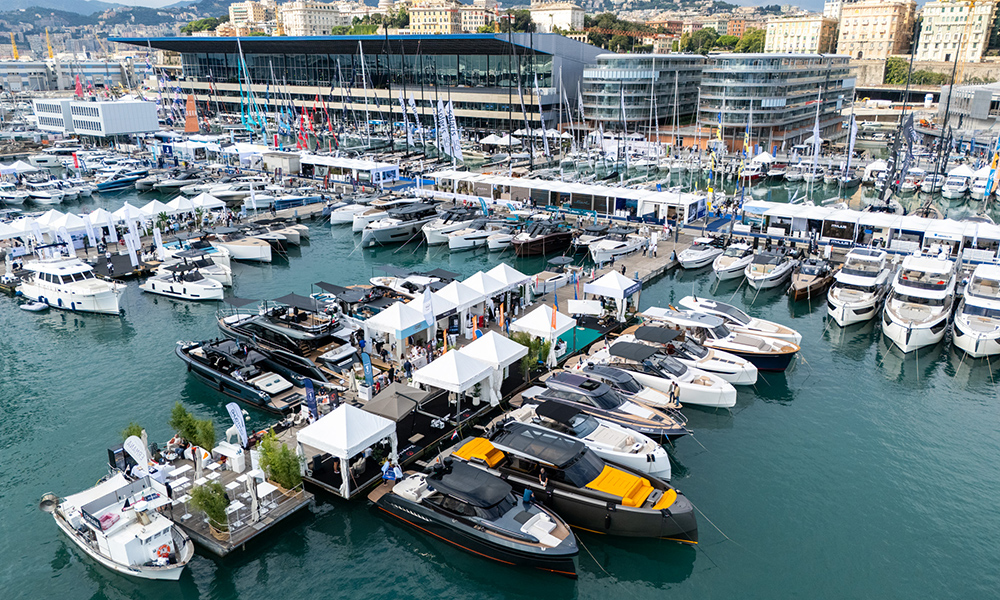AI vision technology deployed to help reduce deadly ship strikes
Sea.AI has announced its involvement in the European Union’s ATLANTIC WHALE DEAL project—a collaborative initiative uniting conservationists, scientists and engineers to help prevent ship collisions with whales in the Atlantic.
